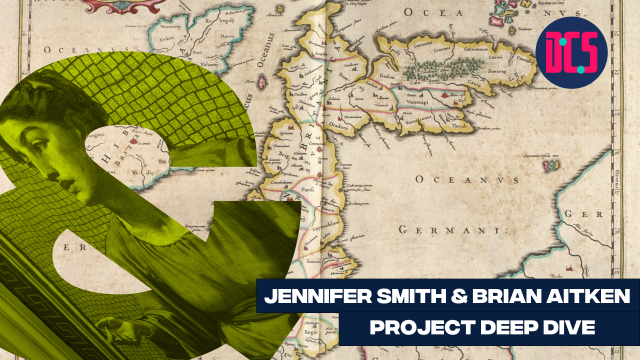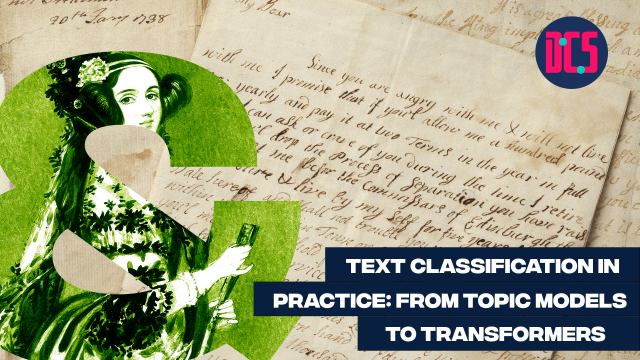Data Carpentry: From Data Wrangling to Data Visualisation

In Person
Data Carpentry develops and teaches workshops on the fundamental data skills needed to conduct research. Its target audience is researchers who have little to no prior computational experience, and its lessons are domain specific, building on learners' existing knowledge to enable them to quickly apply skills learned to their own research. Participants will be encouraged to help one another and to apply what they have learned to their own research problems.
This course will cover the following topics:
- Data Organisation with Spreadsheets
- Cleaning Datasets with OpenRefine
- Introduction to Data Analysis with RStudio
This is a beginner level event, and no previous knowledge of the method is required.
Course Schedule:
18 November
- Data Organization in Spreadsheets
- Cleaning Data with OpenRefine
19 November and 22 November
- Intro to R and RStudio
Requirements: click here for setup instructions. PLEASE COMPLETE SETUP IN ADVANCE OF EACH RELEVANT SESSION.
For full details of each session, visit the course webpage.
This course will be taught by Ki Tong, Brian Wong, Lucia Michielin and Rhys Davies.
If you’re new to this training event format, or to CDCS training events in general, read more on what to expect from CDCS training. Here you will also find details of our cancellation and no-show policy, which applies to this event.
If you're interested in other training on data wrangling and data visualisation, have a look at the following:
- A Pipeline for Data Wrangling and Manipulation with R
- Good Data Visualisation with R
- Introduction to Data Analysis in Python
Return to the Training Homepage to see other available events.
Room 4.35, Edinburgh Futures Institute
This room is on Level 4, in the North East side of the building.
When you enter via the level 2 East entrance on Middle Meadow Walk, the room will be on the 4th floor straight ahead.
When you enter via the level 2 North entrance on Lauriston Place underneath the clock tower, the room will be on the 4th floor to your left.
When you enter via the level 0 South entrance on Porters Walk (opposite Tribe Yoga), the room will be on the 4th floor to your right.












